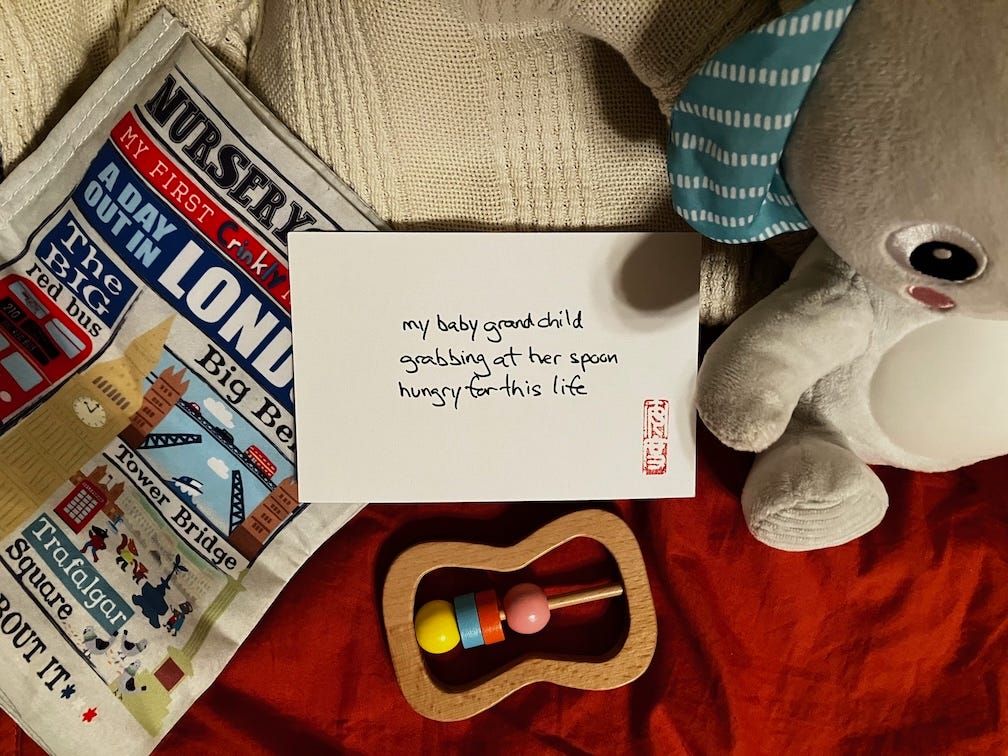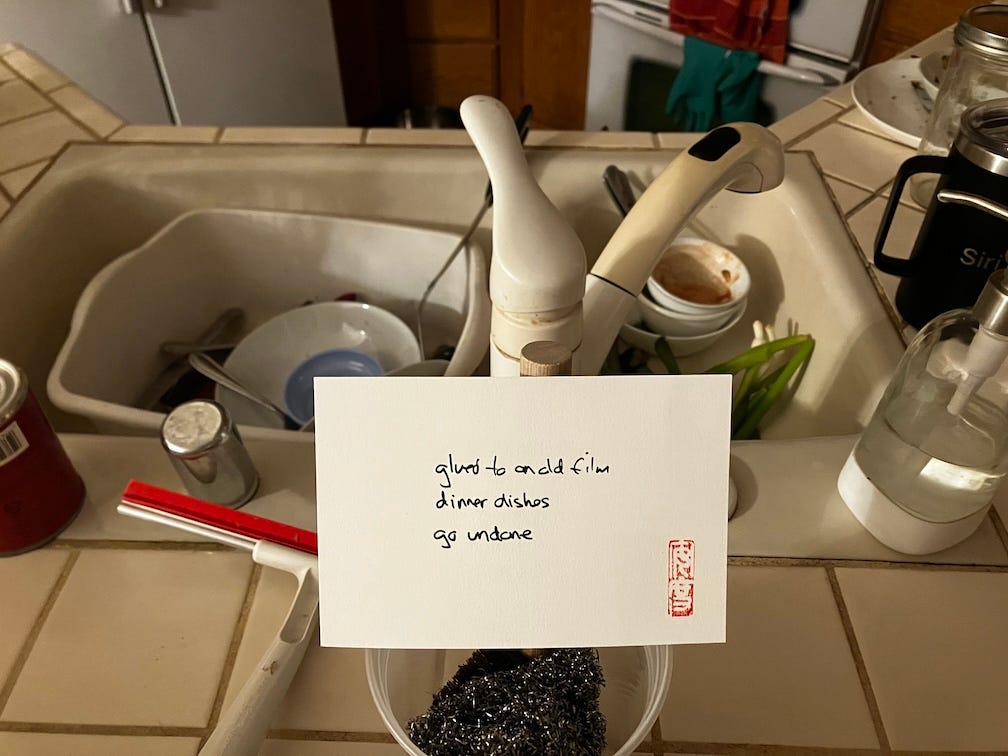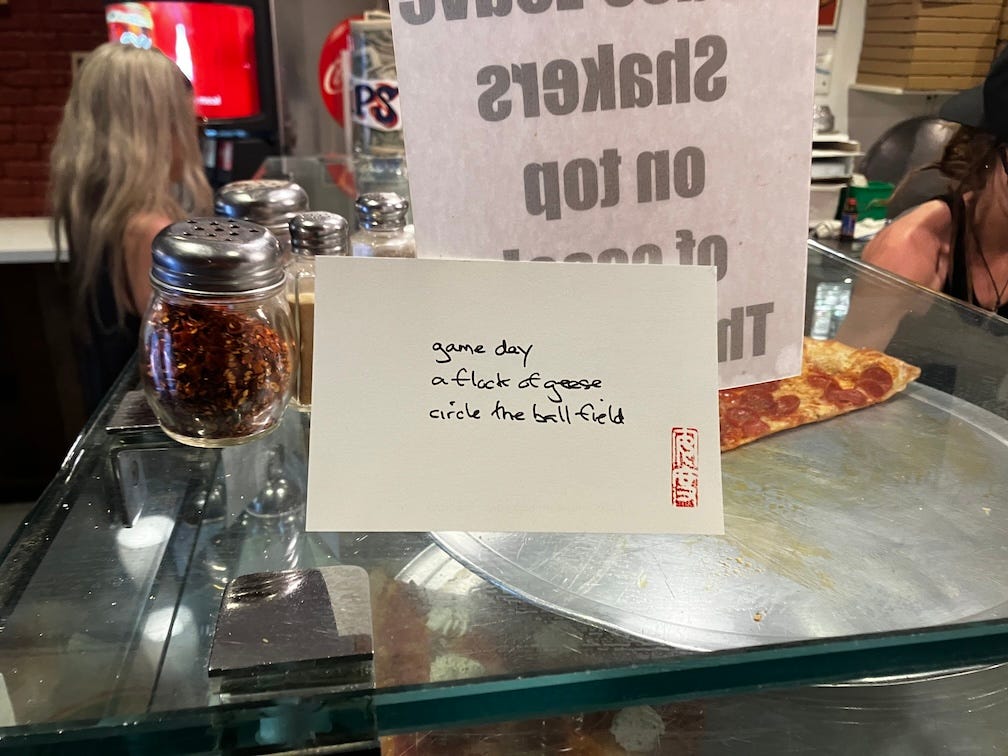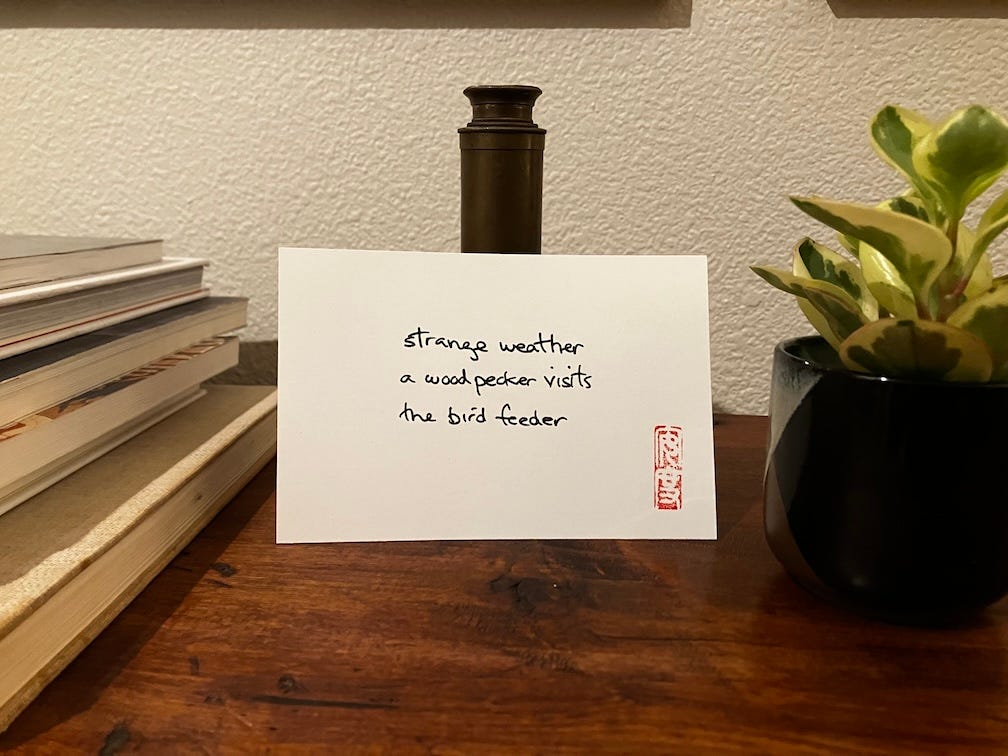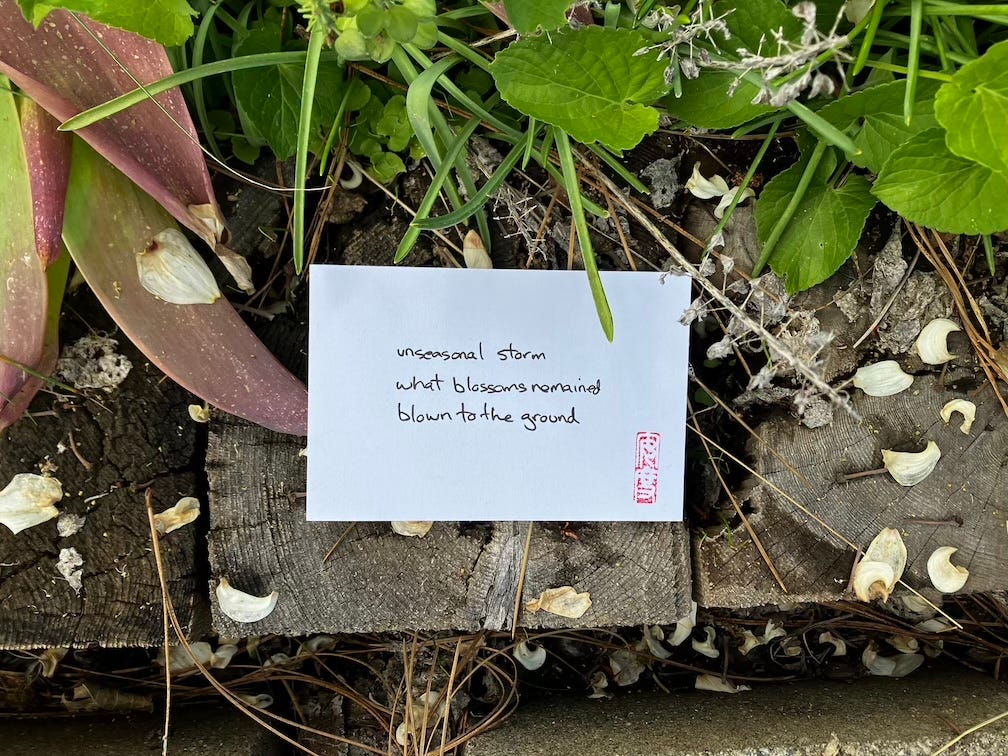The American writer Paul Auster died on April 30 from lung cancer.
I’m not going to claim superfan status. In fact, I’ve only read one of his books (I think) and that was his breakthrough collection New York Trilogy.
In the early 1990s, I lived in Brazil (which is whole other story) and had many native English-speaking expat friends, among whom existed an unofficial floating library. Which is to say that whenever anyone came upon a really good read, we passed the book around long after the binding failed and pages came loose.
Other such books that stand out in my memory were Beloved by Toni Morrison, The Saddest Pleasure: A Journey on Two Rivers by Mauritz Thomsen, and Red Gold: The Conquest of the Brazilian Indians by John Hemming. (All of which sounds very high-brow wot wot, but believe me there was plenty of Anne Rice and Tom Clancy in between.)
Anyway, the New York Trilogy was one of the most popular titles. I read it twice, possibly three times, it was that good. At that time, I was focussed on poetry — living in Salvador, Bahia, opened up whole new veins of poetry in me — but Auster inspired my future fiction writing. Years later, working on my first published novel, Sleepwalking in Paradise (sadly out of print), I thought about what Auster did with the traditional detective genre, his brilliant but self-destructive alter ego Fanshawe, and light links between the novels in the trilogy. (In the third novel, The Locked Room, a stranger accosts the narrator on the street, insisting he is Peter Stillman, a principal character from the first novel, City of Glass. I thought that was amazing.)
Some books stay with you not just because of the story, but because of how they written, what new narrative avenues the author opens to you.
Thank you and godspeed, Mr. Auster.
To tie that into my haiku project (finally, dude), one of my postcard recipients reciprocated by sending me a copy of a graphic novel version of City of Glass, which serves as the background in haiku 20240501, below.
Anyway… here are last week’s haiku and where they were sent.
haiku 20240429 (Newcastle Upon Tyne, UK)
my baby grandchild
grabbing at her spoon
hungry for this life
haiku 20240430 (El Cerrito, CA USA)
glued to an old film
dinner dishes
go undone
haiku 20240501 (Tacoma, WA USA)
paul auster is dead?
offer up a flower
and keep writing
haiku 20240502 (Alameda, CA USA)
calling in the cats
crickets and frogs
the only response
haiku 20240503 (High Harrington, Cumbria UK)
game day
a flock of geese
circle the ballfield
haiku 20240504 (Fairfax, CA USA)
strange weather
a woodpecker visits
the bird feeder
haiku 20240505 (Tacoma, WA USA)
unseasonal storm
what blossoms remained
blown to the ground
That’s all seven! See you next week! And remember…
I STILL want to send you a card
It’s kinda weird you read my Substack but haven’t requested a card yet. I don’t get it. Please ask! It’s free. I ask nothing in return, aside from your good graces or maybe a cup of coffee if you’re so inclined.
Follow me on Instagram
If that’s your thing… https://www.instagram.com/haikuandy/
I also post reels of each week’s haiku postcards on Instagram. The “live” photos feature reveals my sloppy attempts to angle in on the best shot. Check it out!
Recommended reading
I heartily recommend all the books below. I get no commission, zip zero nada, if you buy through my links. (Amazon Associates gave me the boot because I didn’t move enough merch. Oh well.)
Milkweed: Selected Haiku & Senryu, by Alexis Rotella
I kinda-sorta reviewed this must-have collection in my post Milkweed by Alexis Rotella: A Master Class. Buy it here.
Haiku: An Anthology of Japanese Poems, Stephen Addiss/Fumiko Y. Yamamoto/Akira Y. Yamamoto
With the exception of The Haiku Anthology (see below), this was the first haiku anthology I bought when I first started sending out haiku cards. I stumbled across this small, beautiful book, while making my requisite writer’s pilgrimage to Shakespeare’s Books in Paris (ooh la la). The richness and scope between the covers in this little book is simply amazing, featuring over 102 poets, many more if you include anonymous authors. Buy it here.
The Haiku Anthology (Third Edition), Edited by Cor van den Heuvel
Want to know what modern English-language haiku really looks like? What it is capable of? Here is your answer, and a must for every haiku poet’s bookshelf. When I first started writing haiku, this volume served me very well. Many of the haiku within have remained with me throughout the years, and I have been privileged to now count some of the contributors as colleagues and friends. Buy it here.
Three Simple Lines: A Writer’s Pilgrimage into the Heart and Homeland of Haiku, Natalie Goldberg
Many writers will immediately recognize Goldberg from her forever bestselling Writing Down the Bones. In Three Simple Lines, she intertwines memoir, history, and travelogue in a magnificent way as she journeys through Japan, chasing down the ghosts of Bashō and Buson, among others. She also draws much needed attention to women haiku poets, who were too often overshadowed by their male contemporaries. Buy it here.
Mountain Tasting - Haiku and Journals of Santoka … (tr. John Stevens)
I found Santoka challenging at first. Much of his haiku feels incomplete to me or dashed off. But he grew on me. Soon I felt like a companion on his journey, bouncing from inn to inn, begging for alms by day, pounding sake by night. Buy it here.
The Essential Haiku - Versions of Bashō, Buson, & Issa
Essential is right! Edited by Robert Hass, a great poet in his own right. Hass includes great essays on the history and evolution, as well as other writings by the poets themselves. A true master class in haiku! Buy it here.
Narrow Road to the Interior and Other Writings, Matsuo Bashō (tr. Sam Hamill)
Haiku poets have a tradition of wandering the countryside, and Bashō set the example! Buy it here.
Selected Poems, Masaoka Shiki (tr. Burton Watson)
I wrote a whole post about Shiki. Haiku might not exist today without his influence and renewal of the form. Buy it here.
Issa's Best: A Translator's Selection of Master Haiku, Issa Kobayashi (tr. David G. Lanoue)
Issa is probably the most beloved of the classic poets. His humility and joy in the face of unbearable loss and poverty endear him to haiku lovers everywhere. Lanoue seems to have made translating Issa his life’s mission, and I love his versions. Buy it here.


